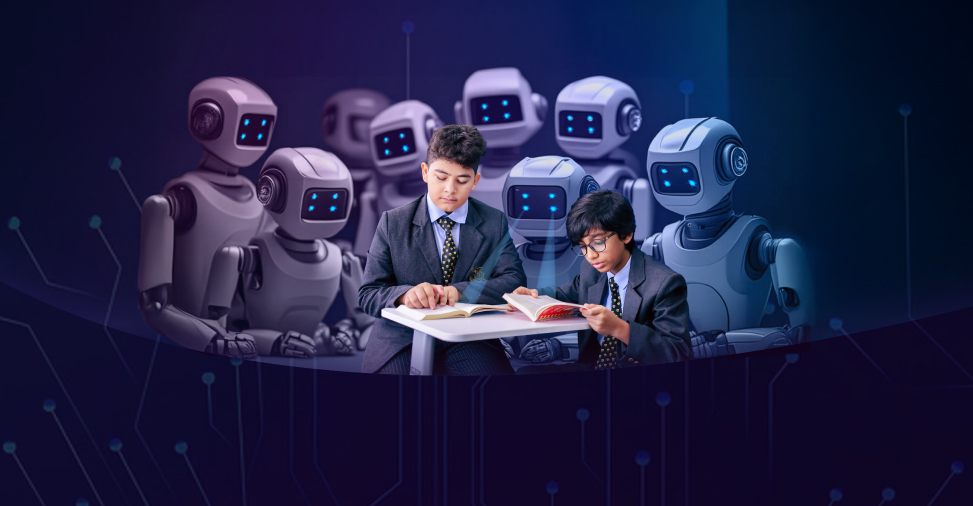





September 09, 2025
The
education sector is on the cusp of a significant transformation driven by the
integration of Artificial Intelligence (AI) into learning systems. Welcome to
Learning 2.0, at The Hope English School, a British curriculum school in
Sharjah, where technology meets education to create a more adaptive,
interactive, and effective learning experience. By harnessing AI, learning
systems can now analyse vast amounts of data, identify knowledge gaps, and
provide personalised recommendations to help learners achieve their goals. This
approach has the potential to revolutionise the education sector, making
learning more accessible, efficient, and effective.
AI
is transforming education in profound ways, and we aim to provide a world-class British curriculum
education, making us one of the top British schools in Sharjah. For instance,
AI-powered systems can adapt to individual learners' needs, abilities, and
learning styles, providing a more tailored learning experience. These systems
can also offer real-time feedback and guidance, helping learners overcome
challenges and stay on track. Moreover, AI can help teachers with grading,
freeing up time for more hands-on, human interaction with learners. Virtual
learning environments powered by AI can also make learning more engaging and
interactive, simulating real-world environments and scenarios that enhance the
learning experience.
The
benefits of Learning 2.0 are numerous and significant. By adapting the power of
AI, educators can improve learning outcomes, increase efficiency, and enhance
the learner experience. AI-powered systems can help learners achieve better
grades and retention rates, while also providing a more personalised and
engaging learning experiences to the students attending our British curriculum.
Furthermore, AI can automate administrative tasks, freeing up time for teachers
to focus on teaching and mentoring.
As
AI continues to evolve and improve, at The Hope English School, we can expect
to see even more innovative applications in education. The future of learning
is likely to be shaped by advancements in virtual reality, natural language
processing, and emotional intelligence. AI-powered VR experiences will simulate
real-world environments and scenarios, while AI-powered chatbots will be able
to understand and respond to learners' questions and concerns. Additionally, AI
systems will be able to detect and respond to learners' emotional states,
providing support and guidance when needed.
In
conclusion, Learning 2.0 is revolutionising the education sector, providing a
more adaptive, interactive, and effective learning experience. As one of the
affordable British schools in Sharjah, we are adapting the AI technology, where
educators can create personalised learning systems that cater to individual
learners' needs and abilities. As AI continues to evolve and improve, we can
expect to see even more innovative applications in education, transforming the
way we learn and teach. With Learning 2.0, the future of education is bright,
and the possibilities are endless.